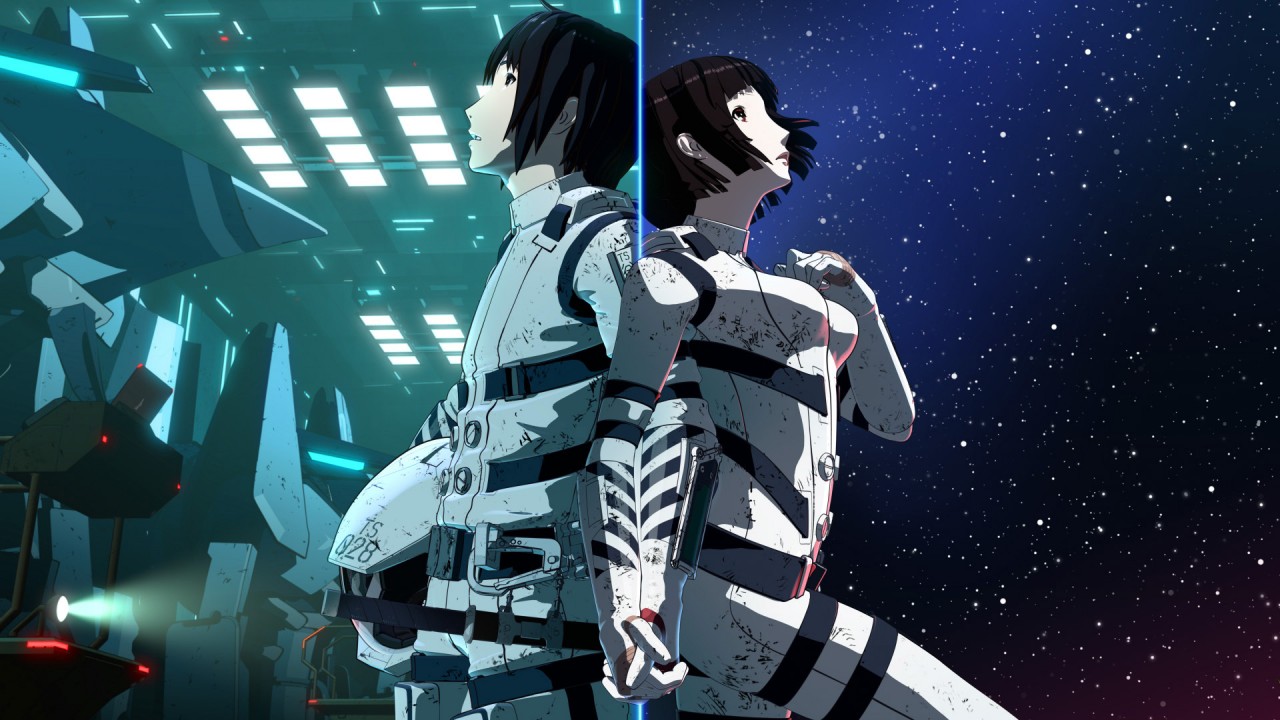Philip K. Dick is one of the biggest names in science fiction: fact. His is a well-greased engine, skirting–as all the greatest writers do– all manner of intellectual disciplines as well as the well-trod line between genius and madness.
Of his writing style, his brevity is perhaps one of his biggest strengths: he has a style that is shotgun in its delivery yet dove-like in its poetry.
And just so, a particular paragraph:
But above and beyond everything else, he had originally been drawn by her screwball expression; for no reason, Juliana greeted strangers with a portentous, nudnik, Mona Lisa smile that hung them up between responses, whether to say hello or not. And she was so attractive that more often than not they did say hello, whereupon Juliana glided by.
Like a pinch of gunpowder in a hungover breakfast fry up: brilliant. A wonderful way of describing the often-occuring effect of woman upon man (other variations are available). Read the book to see how that paragraph ends, just as telling as the initial effect where the aforementioned sexualised social interaction is concerned.
At which point a diversion into one of the most frustrating things about male authors: descriptions of female love interests. Unveiled misogyny, or a fair and honest focus on the want of the crotch? I literally closed ‘The Unbearable Lightness of Being’ when I was fifteen/sixteen and lost interest in Milan Kundera based on this male-centred approach to describing the phenomenon that is best explained as ‘woman makes man think of sex’ and is therefore incapable of any accurate empathy, something this reddit thread explores by questioning his relevance in the current age. And as much as I wish I wasn’t writing this, Haruki Murakami is awful for it, though his ‘sad lonely man’ trope does lend itself to such narration, this thread suggests I’m not alone in this and if you read it through you’ll find some interesting theories as to why. It is just so painful to find your heroes are human, that for all their conduction of ethereal abstracts into addictive writing they come out with some dog shit about how some female character is ‘pretty but in a plain sort of way’. It’s difficult to not betray myself here but I read this description of the collision of the human condition and the biological imperative as ‘yeh I guess I’d probably do her’.
Anyway, back to Philip K. Dick: I came to his writing relatively early in my reading life, probably thanks to the shop Fopp, but being a hesitant reader in my teens it was the films based on his books that had me assimilating his ideas as a permanent canal in my tastes. I’d watched and re-watched Total Recall and Screamers many times on home-recorded VHS. I’d seen Imposter and would soon see Minority Report and I had no idea that they were based on his books. I’d also paid for at least two of the seven different edit-releases of Blade Runner: of which around the time I was sixteen my favourite was the noir, Harrison Ford voice-over release.
In 2006, when A Scanner Darkly came out starring Keano Reeves, Woody Harrelson, Robert Downey Jr and Winona Ryder I started reading Ubik because it was cool at nineteen-ish to think I was somehow ‘above’ this fairly hyped, gimmicky cartoon of a film and so the gradual tide of his writing washed over me. Thank god!

